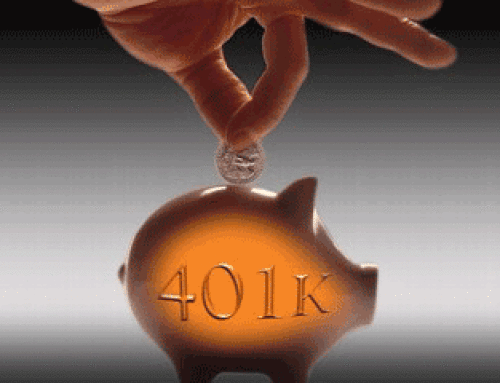 There are many different retirement tools available to those looking to develop alternative income sources. While tax-advantaged retirement accounts and pensions, as well as part-time jobs, are commonly used, many retirees don’t realize that they have another source of income locked up in the equity of their home. By making use of the reverse mortgage, it is possible to receive regular income from the equity you have spent years building up in your home.
There are many different retirement tools available to those looking to develop alternative income sources. While tax-advantaged retirement accounts and pensions, as well as part-time jobs, are commonly used, many retirees don’t realize that they have another source of income locked up in the equity of their home. By making use of the reverse mortgage, it is possible to receive regular income from the equity you have spent years building up in your home.
Reverse Mortgage: The Basics
With a reverse mortgage, the bank pays you, although it is still a loan. You can decide to receive regular monthly payments, or you can receive a lump sum. It’s also possible to have a line of credit arrangement that allows you to withdraw money as needed, up to the approved amount.
When you apply for a reverse mortgage, your credit history isn’t important, nor is your income. This is because your eligibility for a reverse mortgage depends almost entirely on the equity in your home. Once you are approved, and begin receiving your money, though, you don’t have to begin repaying the loan. Indeed, one of the main advantages to the reverse mortgage is that the loan isn’t repaid until you die or move out of the house. Then, the home is sold, and the debt repaid from the proceeds. Lenders cannot try to collect more for the home than its market value, so lenders who loan more than the home is worth can lose out.
In order to qualify for a reverse mortgage approved by the FHA, the applicant should be at least 62 years old, and the home in question should be the primary residence. You also need to have your home mostly paid off. There are some lenders that offer reverse mortgages for those who are younger, but the same protections that come with a HUD FHA Reverse Mortgage for Seniors (also called a HECM) may not be available.
Downsides to a Reverse Mortgage
If you don’t care whether or not your heirs get your home, a reverse mortgage can be one way to turn the equity in your home into cash flow. However, there are some downsides to a reverse mortgage. First of all, you have to understand that there are interest fees and other fees involved. Indeed, reverse mortgages are quite expensive. Interest rates are high, and there are often a number of other fees to contend with. Reverse mortgages are usually more expensive than “regular” home equity loans.
Also, if you end up moving out of the home, you have to repay the loan. Even if you move out of the home for reasons including the need for long-term care. The home will need to be sold, or you will bear the burden of high-cost loan payments in addition to the cost of your long-term care.
Finally, if your heirs want the home, then they will have to repay the reverse mortgage when you pass on. This reduces the value of your estate, since they will have to use some of the value of your estate to pay off the reverse mortgage.
Before you decide to use a reverse mortgage, make sure that you carefully weigh the pros and the cons. You want to make sure that the decision is the right one for you, and that you have included the calculations in your estate planning.













Follow Us